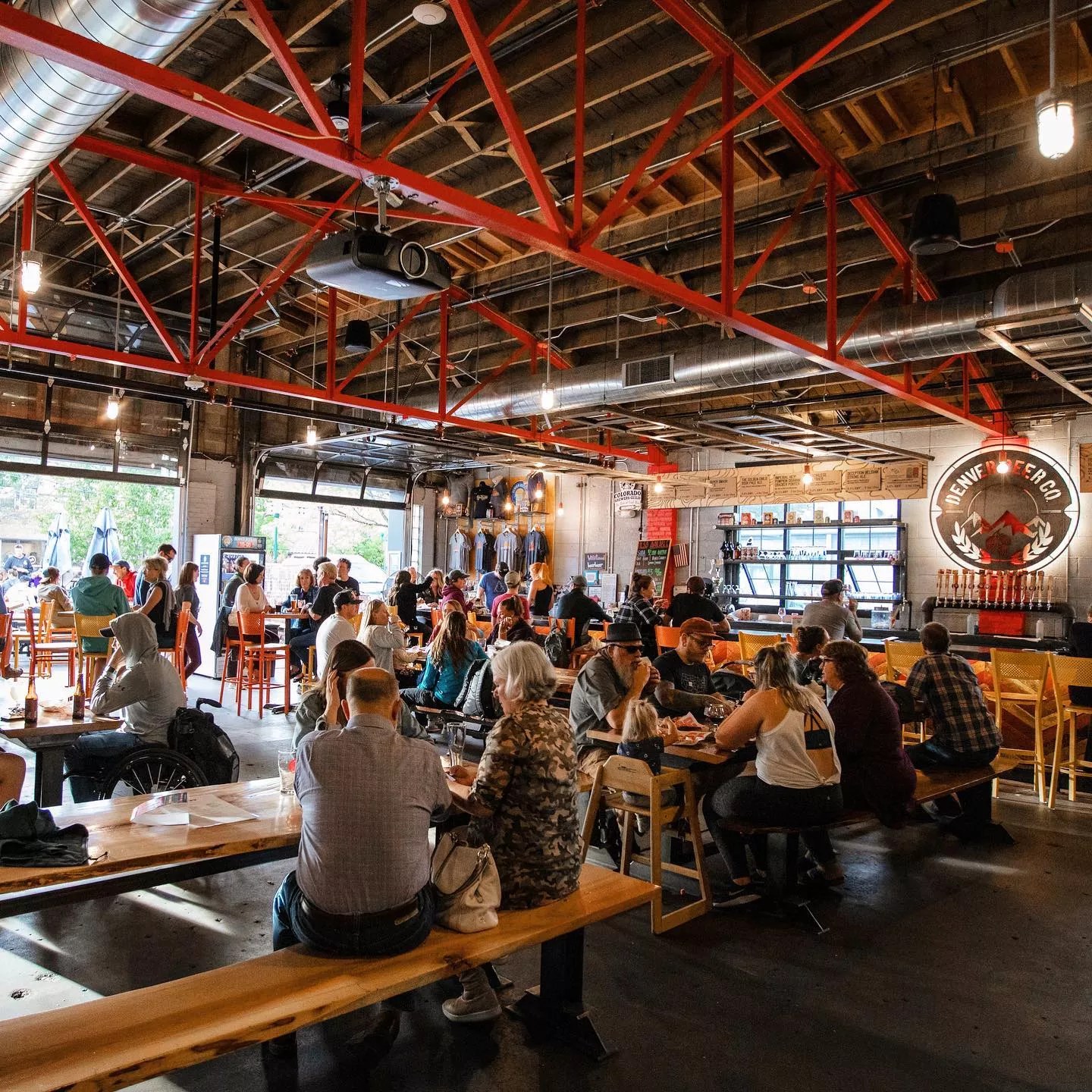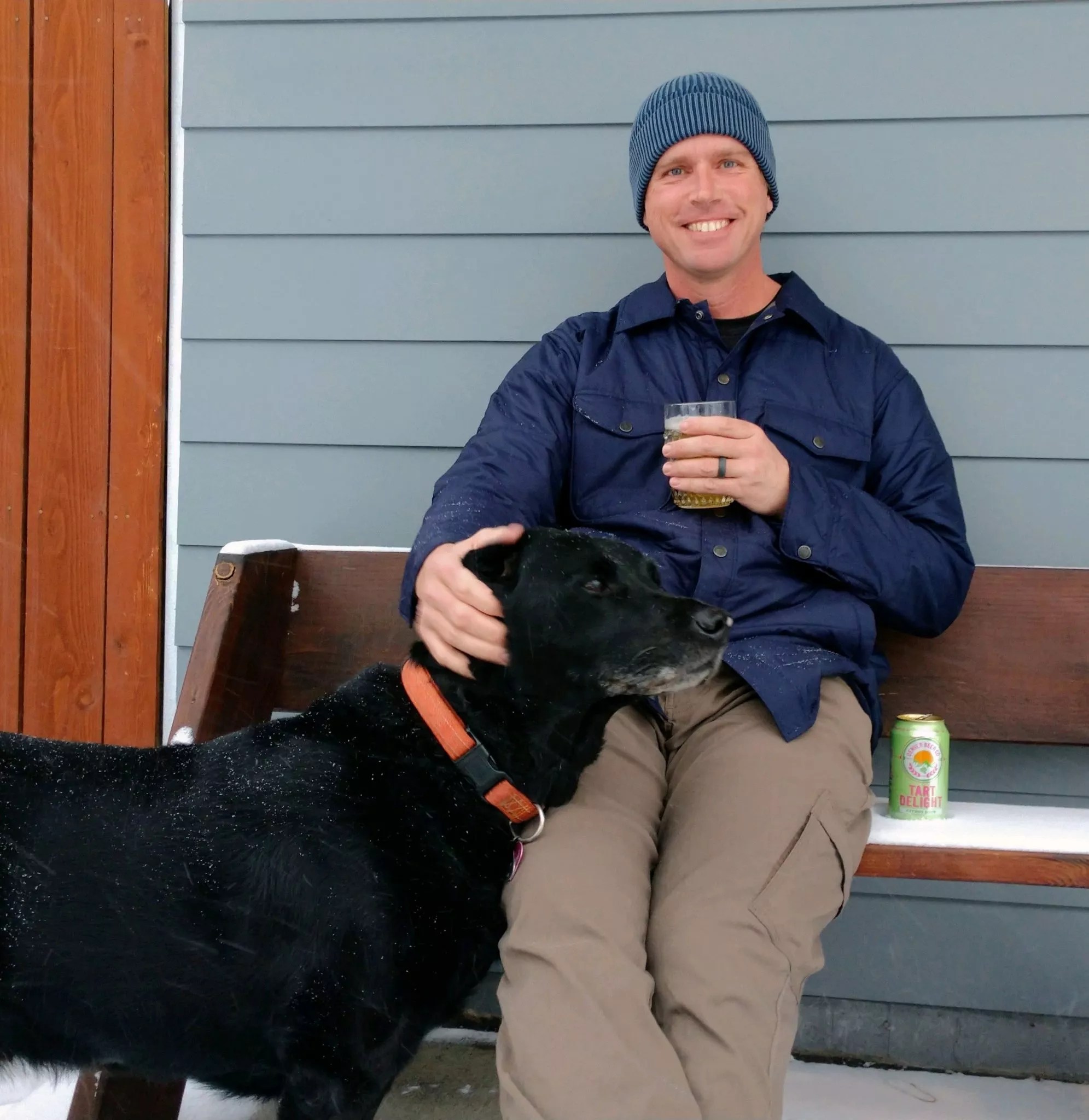
Denver Beer Co.

Audio By Carbonatix
When Andy Parker taps his Smoked Helles this week at Denver Beer Co.‘s Arvada outpost, you’ll be able to taste a hint of smoke swirling up through the bready malt flavors in your glass.
What you might not taste is a little-known brewing technique that got its start more than 700 years ago in the hills of Bamberg Germany, where smoked rauchbiers are a specialty of breweries like Schlenkerla (founded in 1405) and Spezial (founded in 1536). Rauchbiers are brewed using malted barley that has been smoked over fires typically made from the wood of beech or cherry trees – both native to Europe. Until the smokeless malt kiln was patented in 1635, this was how all European beer was made.
Spezial and Schlenkerla have kept the tradition alive with lagers that bring to mind campfires and backyard grills – a style that is fiercely defended by cinder-soaked aficionados and mostly detested by everyone else.
In addition to these smoke-heavy brews, however, Schlenkerla (and possibly Spezial, as well) makes a lightly smoked lager that isn’t brewed with any smoked malt at all. Rather, the brewery reuses the yeast from its other beers because it retains some of the smoky flavor. Reusing yeast is commonplace in brewing, but doing it in this way, to carry flavors from a previous beer – especially one with as distinctive a profile as a rauchbier – isn’t.
It’s a method that not a lot of people are aware of, but one that Bierstadt Lagerhaus owners and brewers Ashleigh Carter and Bill Eye were curious about after they put together a smoked Helles back in May (the beer will be tapped at Bierstadt on August 6). So they contacted Parker, who they knew from his days as Avery Brewing’s longtime “barrel herder” and special projects manager before he joined DBC in January.

Andy Parker likes to sing about smoked beers.
Denver Beer Co.
Like other craft breweries and home brewers who have tried to make a smoked lager, Parker was having trouble getting his version, a dopplebock, right. The beer, Trogdor the Burninator (named for the homestarrunner web series), had some off flavors that he couldn’t seem to get rid of, even after a repeated brewing. So Parker called up Carter and Eye – as many brewers have – to ask for their advice.
That turned into a friendship, so after Bierstadt made its smoked lager, a collaboration with Khris Johnson, head brewer and co-owner of Florida’s Green Bench Brewing, Carter and Eye called Parker. “I had the yeast…and it seemed like a missed opportunity to dump it, so I immediately thought of Andy Parker, and with his new gig at DBC, he might be able to put together a beer with it,” Carter says. “They did all the hard work for the beer; I just threw out some ideas about the grain bill and provided the yeast. I’m very excited for [it].”
Parker, who oversees DBC’s three smaller brewhouses as the director of brewery innovation, was excited, too, and immediately decided to make a beer using the yeast. “They said, ‘You’re the only one crazy enough to do this,'” he says, adding that he doesn’t know of any other breweries who have done something similar.
Carter says she doubts this is the first time that a brewery, or breweries, in the U.S. have used the technique, but she doesn’t know of any specifically. Smoked beers, she adds, “are notoriously hard sells.” (But if you like them, Dry Dock Brewing currently has a smoked Helles on tap at its South Dock location; the beer, at 5.1 percent ABV, was brewed “with a large portion of malted barley that was smoked over beechwood,” Dry Dock says, and has “notes of bacon and campfire balanced by a malty and surprisingly refreshing finish.”)